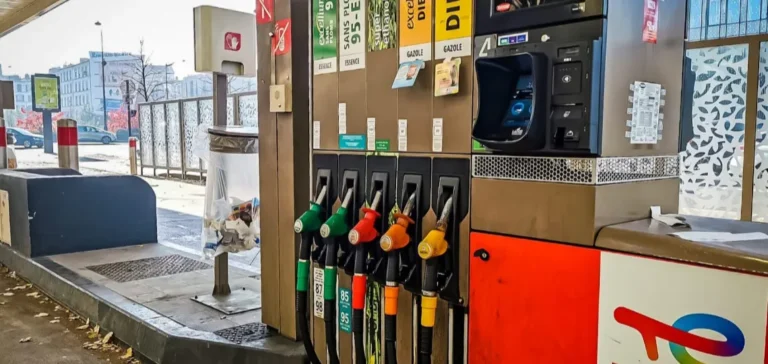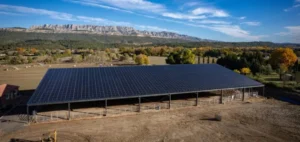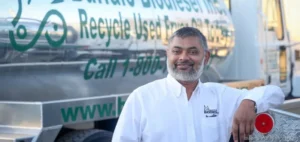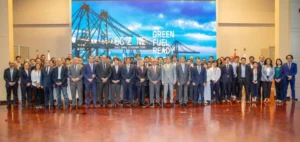The draft finance bill presented by the French government removes the preferential tax rate applied to B100 fuel, a colza-based biodiesel, and initiates a gradual reduction of the fiscal advantage granted to E85, a fuel composed primarily of ethanol produced from sugar beets. These measures affect two sectors closely tied to domestic agriculture, which have so far benefitted from favourable taxation to support their competitiveness against fossil fuels.
Direct impact on agricultural income
The Fédération nationale des syndicats d’exploitants agricoles (FNSEA) and Jeunes Agriculteurs (JA) have expressed opposition to the planned changes, arguing that they will reduce revenue opportunities for farmers producing colza and sugar beets. The European Union is currently negotiating a trade agreement with Mercosur countries, which could ease ethanol imports from South America, further intensifying market competition in France.
B100 fuel is primarily used by transport operators, who benefit from a reduced tax rate due to its plant-based origin. Removing this incentive would directly affect road haulage companies that have invested in fleets adapted to this fuel. E85 consumption has increased in recent years thanks to tax incentives and the growing conversion of petrol-powered vehicles.
Other agricultural support measures maintained
At the same time, the government is extending the precautionary savings deduction scheme until 2028, allowing farmers to deduct part of their taxable income to prepare for climate risks or to invest in modernisation. The tax credit for organic farming is also renewed, although its effectiveness has been criticised by industry players.
Another key measure provides tax exemption on compensation received following sanitary slaughter of livestock, on the condition that the funds are reinvested within one year. This provision addresses the concerns of livestock farmers hit by animal diseases such as lumpy skin disease, which led to the slaughter of over 1,700 cattle in the Alps this summer.
Water use measures and other fiscal adjustments
The draft budget also introduces a base allowance on drinking water consumption charges for agricultural irrigation, applicable only when no other technical or economic alternative is viable. Additionally, an obsolete fiscal exemption mechanism related to farm transfers is being removed and replaced by an updated budgetary measure deemed more aligned with the current agricultural framework.
The FNSEA intends to back parliamentary amendments aimed at reinstating the scrapped biofuel tax incentives, citing the economic viability of France’s agri-industrial sectors.






















